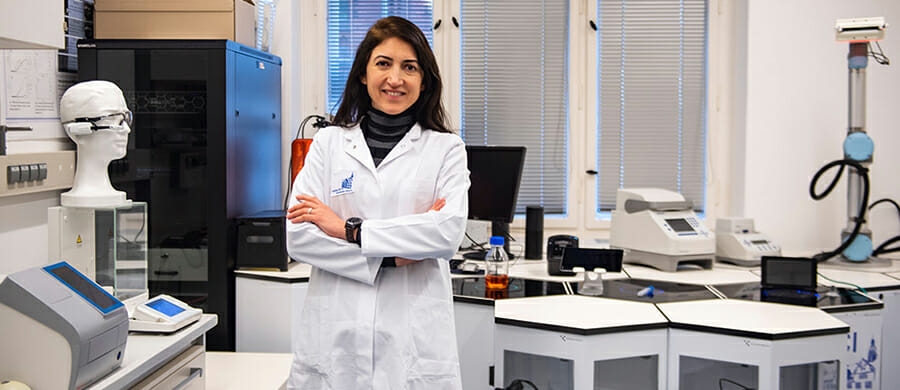UNIVERSITY OF VECHTA
Faculty I, Department of Education, Working Group Higher Education Development
DATA & FACTS
Project
2024-2027
Scientific contact
Folgenabschätzung für die Handlungskompetenz
EU-Funding line
Horizon Europe
Projektleitung: Prof. Dr.-Ing. Arno Kwade
Projektname: „Li-Ion Pilot Lines Network“ (LiPLANET)
Keywords: Energie, Mobilität, Partner
IMPACT ASSESSMENT FOR ACTION COMPETENCE
IMP>ACT is a consortium project led by Utrecht University. The consortium includes 5 universities and 7 educational organizations from 7 European countries: The Netherlands, Belgium, Sweden, Germany, Czech Republic, Serbia and Italy. IMP>ACT Consortium Partners are:
- Utrecht University, The Netherlands (Coordinator)
- University of Antwerp, Belgium
- Karlstad University, Sweden
- University of Vechta, Germany
- Masaryk University, Czech Republic
- U-Talent, The Netherlands
- Duurzaam EducatiePunt, Belgium
- Keep Sweden Tidy, Sweden
- DG HochN, Germany
- Junak Skaut Czesky, Czech Republic
- Center for the Promotion of Science, Serbia
- INVALSI, (National Institute for the Evaluation of the Education and Training System), Italy
There is still lack of understanding what constitutes effective pedagogical approaches, strategies and methods in Sustainability and Climate Change Education (SCCE), as well as how to measure learning outcomes within the SCCE context. To address this gap, IMP>ACT aims to develop a comprehensive understanding what learners actually gain from sustainability and climate change education and how SCCE shapes their knowledge, skills and actions. Through collaboration with consortium partners, we will develop an assessment framework that can be used by teachers and educators in formal and non-formal learning contexts to measure the impact of SCCE practices. The core concepts of the IMP>ACT assessment framework are action competence (the key learning outcome of SCCE) and action-oriented teaching and learning approaches. We will develop a variety of assessment tools such as survey and interviews, to measure action competence and action-orientation. These tools will be tested and validated through small-scale interventions and six large scale-case studies involving different users.
At the end of the project, we will have a robust and validated assessment framework along with the tools to measure the impact of SCCE policies and practices and these tools will be applicable in both formal and non-formal learning settings, enabling stakeholders to gather information about the impact of their SCCE programs and to develop more effective, action-oriented SCCE practices.
Date:
2024
Das könnte Sie auch interessieren …

Projekt: BITS – BICyCLES and its
Bicycles and ITS (BITS) ist ein neues Projekt zum Thema Fahrrad und ITS (intelligente Transportsysteme), das darauf abzielt, die CO2-Emissionen um 9 % zu senken und die Fahrradnutzung in den Zielgruppen um 10 % zu steigern! Eine Verlagerung des Verkehrs auf umweltfreundliche Verkehrsmittel ist dringend erforderlich, da Verkehrsstaus, …

ProjeKt: decades
Die chemische Industrie steht derzeit vor der herausfordernden Transformation, klassische, auf Erdöl basierende Herstellungsprozesse von Chemikalien durch nachhaltige, biobasierte Produkte im Sinne einer zirkulären Bioökonomie zu ersetzen. Insbesondere Lösungsmittel spielen in der chemischen Industrie entlang der gesamten Produktionskette eine…
